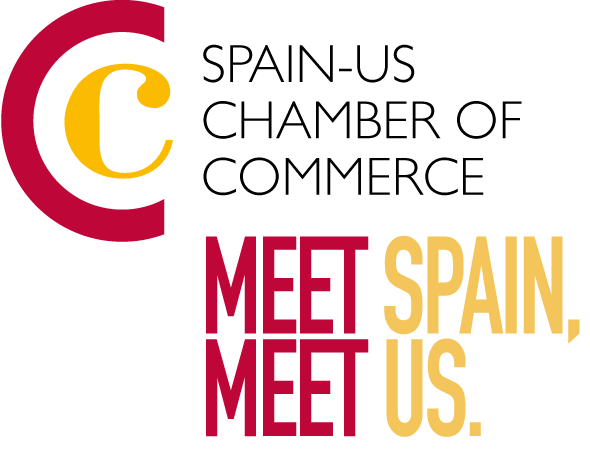
- By: Spain-US Chamber of Commerce, Inc.
- Author: Clara Pavón Estradé
- International Business Development
Interested in American local procurement opportunities but feel lost and overwhelmed, unsure where to start? This article will provide you with key insights to help you maneuver through the maze!
Navigating the complexities of local government procurement can be a daunting task for businesses looking to secure contracts, especially if you are coming from overseas and are a bit confused with America’s government structure (don’t worry, you are not the only one).
We recently co-organized a panel with Holland and Knight that shed light on crucial strategies and insights to help businesses succeed.
It might seem banal to say that my key takeaway from the event was “do your homework well in advance,” as Glenn Marcos, Chief Procurement Officer at the City of Ft. Lauderdale, stated. However, this seemingly self-evident phrase is something that companies tend to forget in the heat of the moment. So, what does that actually mean? What are some of the items on the checklist to keep in mind?
- First of all, go through each local government portal and understand how they operate That means the City of Miami and the City of Ft. Lauderdale, albeit apparently similar, have their own procedures and particularities. Ergo, one size does not fit all, or as my math teacher used to say, apples are not the same as pears.
- Get to know the sectors they cover. For instance, Miami-Dade County has a juicy budget of $3-4 billion worth of contracts annually, according to Namita Uppal, its Director of the Strategic Procurement Department. They handle a wide array of procurement activities, including transportation concessions, command centers, railway projects, and even more specific items such as police uniforms and furniture.
- Pay attention and get to know the main platforms such as Bonfire, BidSync, DemandStar, and OpenGov, which are commonly used by governments to manage procurement activities.
- Register yourself as a vendor in EACH government portal! Registered vendors receive notifications about opportunities, as they are advertised comprehensively, and will get a heads-up to get ready ASAP. Besides, it will be mandatory later on for receiving payment and accessing solicitation opportunities anyway.
- Going for government procurement is pretty much like preparing for an exam, as Uppal stated. Think: what are they exactly asking for? Each proposal is evaluated against a set of criteria by a panel, so stick to it religiously and do not skip any requirement.
- Speak the language, and I don’t mean just English, but the specific terminologies and processes used.
- Use public records to gain insights and leverage information to your advantage. Looking at similar projects might give you hints and clarity.
- Keep up to date with the changing political landscape and key laws. For instance, the panelists mentioned the impact of state-level preemption on local procurement. Preemption laws, which override local regulations, have been growing in Florida and affecting various local programs such as small business initiatives and living wage programs. Other externalities, such as inflation, impact pricing, so track the market closely.
- Be aware of legal scrutiny, especially when dealing with sensitive sectors such as technology and security. Some services may require you to establish a local company. However, the good news is that it is not always necessary to be established as an American company to apply (BUT make sure before jumping to any conclusions).
- Keep an eye out for any events happening. For instance, the City of Miami conducts “Industry Days” for market research and proposal preparation, allowing vendors to present their capabilities in a structured environment and practice their pitch. That will help you get an idea of how you fare in that specific institution.
Are you ready to roll up your sleeves, put in the work, and seize the great opportunities offered by Florida’s local governments? The potential rewards are high, making this a crucial strategy for positioning your business for success in the American market.
The event, hosted by Holland & Knight LLP, featured distinguished experts in local government procurement from South Florida, including Namita Uppal, Director of the Strategic Procurement Department at Miami-Dade County; Glenn Marcos, Chief Procurement Officer and Assistant Finance Director in the Procurement and Contracts at the City of Ft. Lauderdale; and Annie Perez, Director of Procurement and Chief Procurement Officer for the City of Miami. It was moderated by Daniel Hanlon and Miriam Soler Ramos from Holland & Knight.
- The Official Chamber of Commerce of Spain in the United States is a recognized nonprofit organization aimed at enhancing business and commercial ties between Spain and the United States. Founded in 1980 and located in Miami, this Chamber is of considerable importance due to its strategic location, multicultural component, and excellent communication network. Miami is the perfect city to target both the American and Latin American markets.
- www.spainuschamber.com



